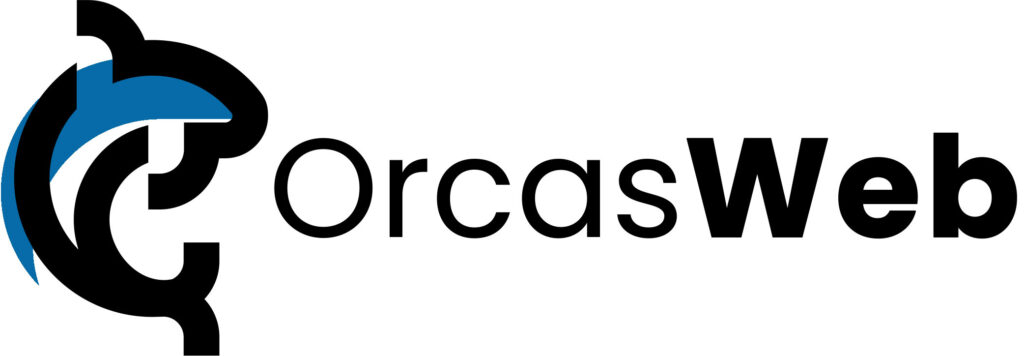You don’t have to spend a lot of time working with the internet, even as a casual user, to encounter the DNS, or Domain Name System that helps the internet work. Most of the time, and especially if everything is working properly, you can go through your day to day activity without once realizing that you are interacting with the DNS. Like most things in life that are unnoticed but pervasive, the DNS is critically important for just about any online activity you might attempt.
Why does DNS matter?
The global DNS is the internet’s guide to the World Wide Web. Without a DNS, servers would not be able to translate browser requests into Internet Protocol addresses. It is possible to access a website without going through the DNS, all you have to do is type in the IP address of the website you are trying to reach and the server will take you there. Sound easy? Probably not since most of us don’t know, and aren’t expected to know, the IP addresses of the websites we frequent. The DNS does all this work for us, and when it comes to hosting it ensures that all those web searches and links can find your website when people want to check it out.
How do I know what my DNS is?
Your ISP, or Internet Service Provider, and your web hosting service are responsible for the DNS of your website. As for your own DNS, that’s a more complicated question. Your computer’s Operating System defaults to a specific DNS, usually a free one like Google DNS, that DNS servers all over the world use to relay information to it through the internet. It’s also important to remember that a DNS is not something that is localized to your network; each domain or device on the internet has an IP address, and through domain hosting it can be entered into the DNS for other users to access through that domain name.
Is there ever a time when DNS fails to work?
The global DNS updates itself every time a domain IP moves or is changed. This process, called DNS Propagation, can sometimes take several days and during that time DNS servers can encounter problems. This is always temporary and the process is automatic as DNS servers communicate with each other regarding the new IP address and associated domain name of the altered domain. Since DNS is a surprisingly simple procedure, basically matching domain names with IP addresses, it’s easy to maintain. When you encounter what your browser or computer would term a DNS error, it usually means that your internal network or your ISP is having a technical problem, rather than the DNS suffering a failure.
How can I learn more?
Feel free to check out our other articles regarding DNS and how it applies to web hosting. You can discover your computer’s DNS, essentially its IP address, by typing “ipconfig/all” into a command prompt on your computer. Your ISP and domain hosting service can also provide you with DNS information at your request.

